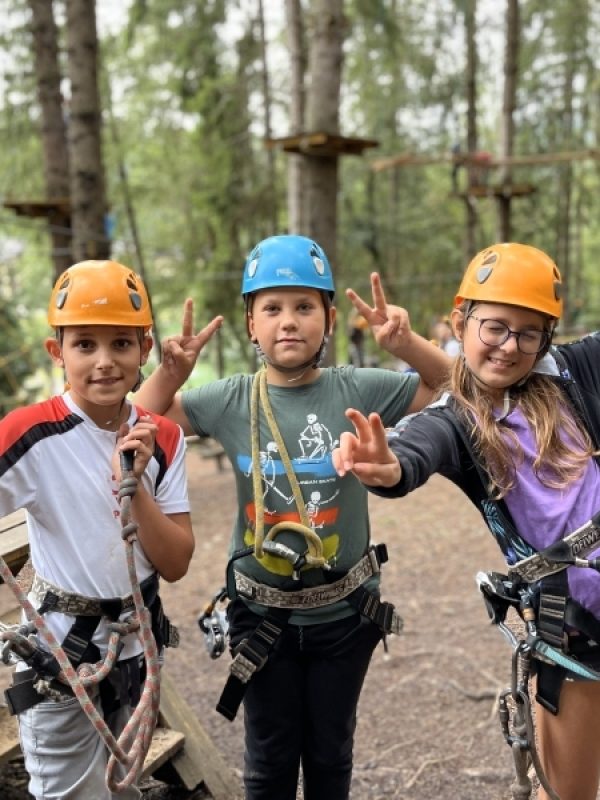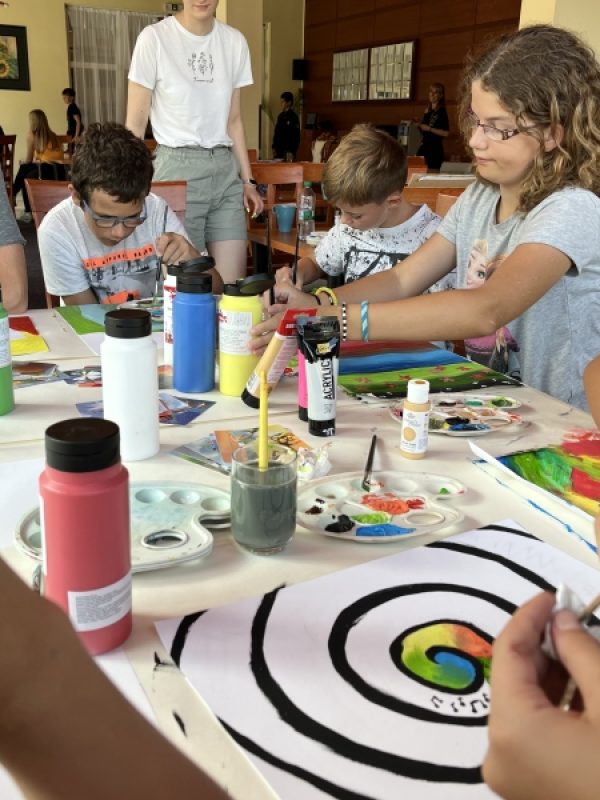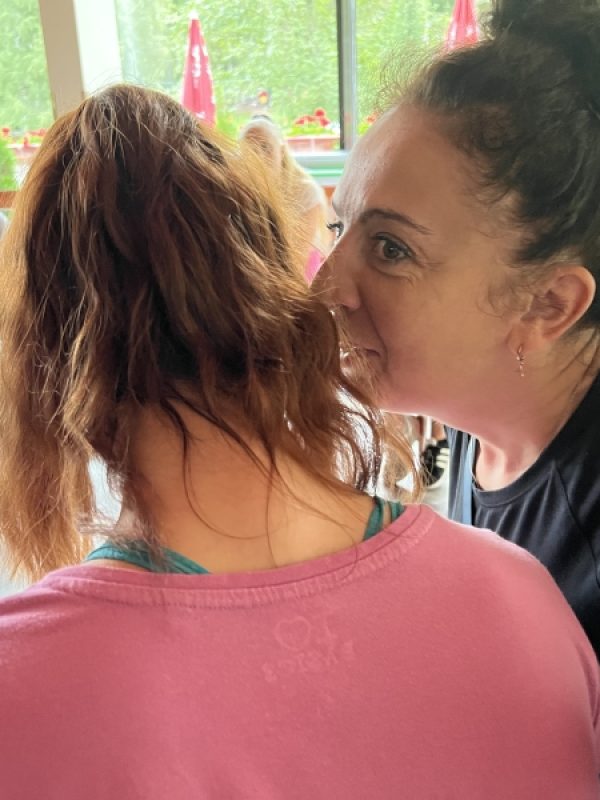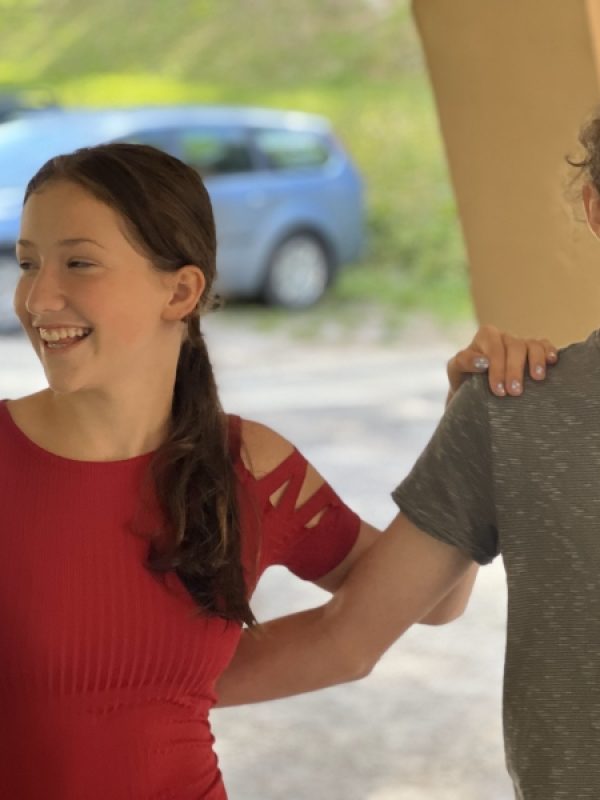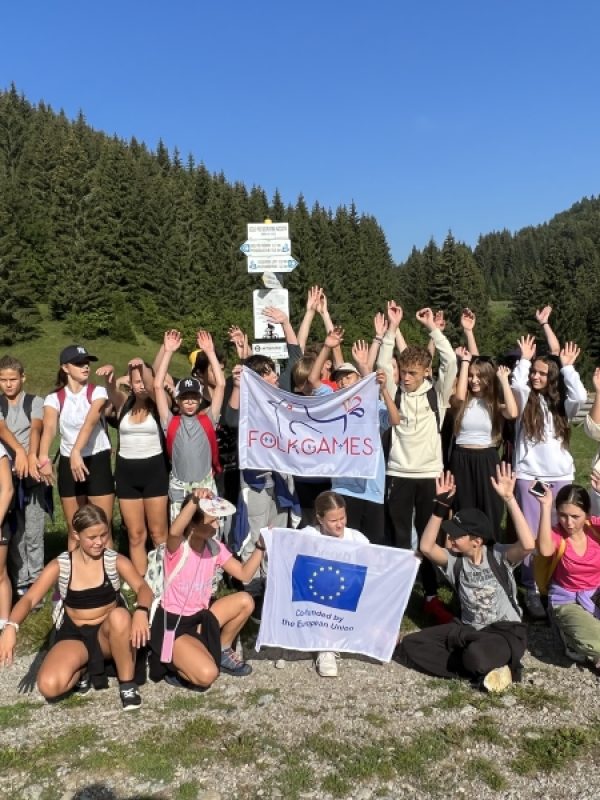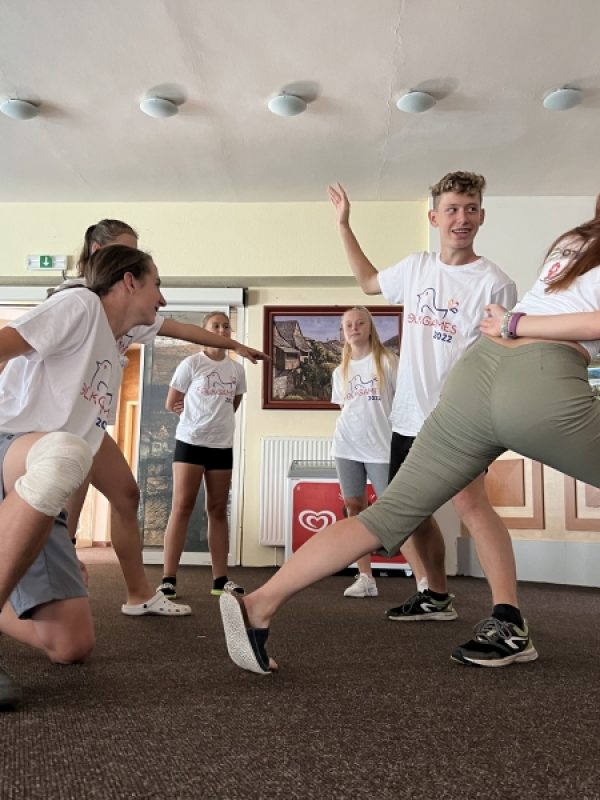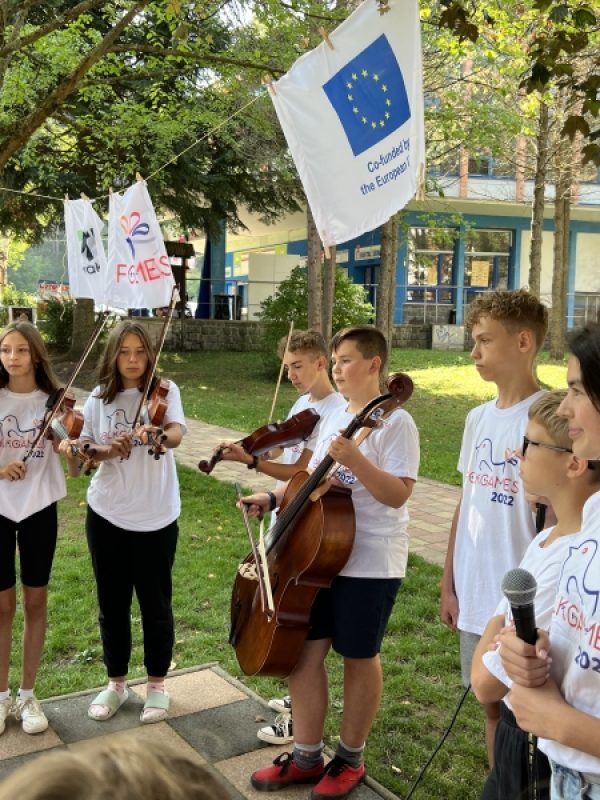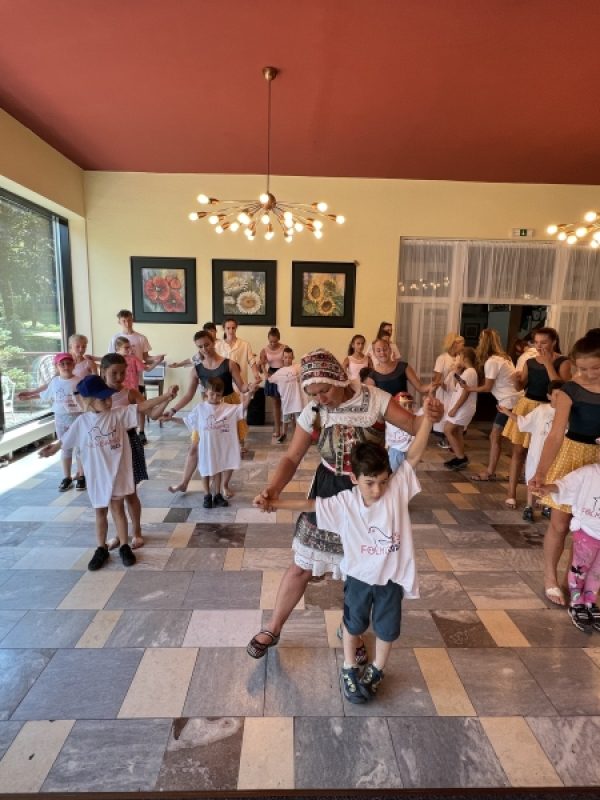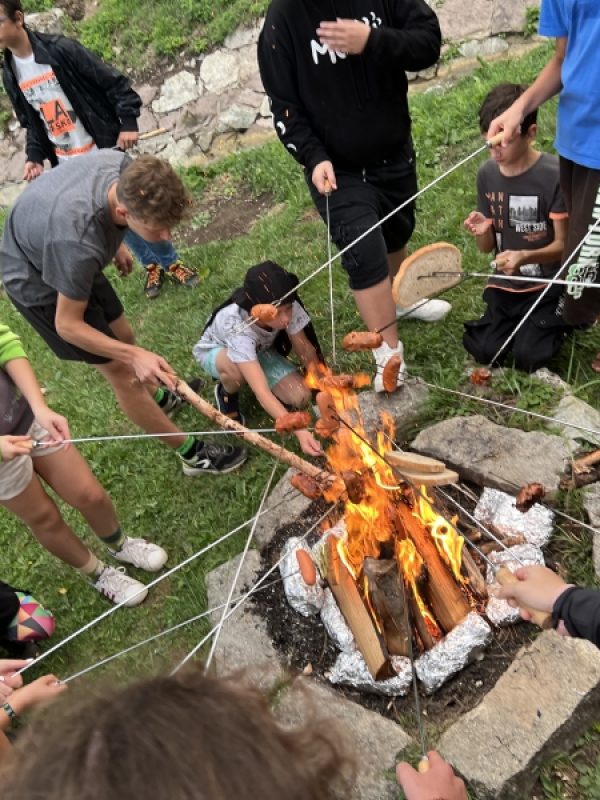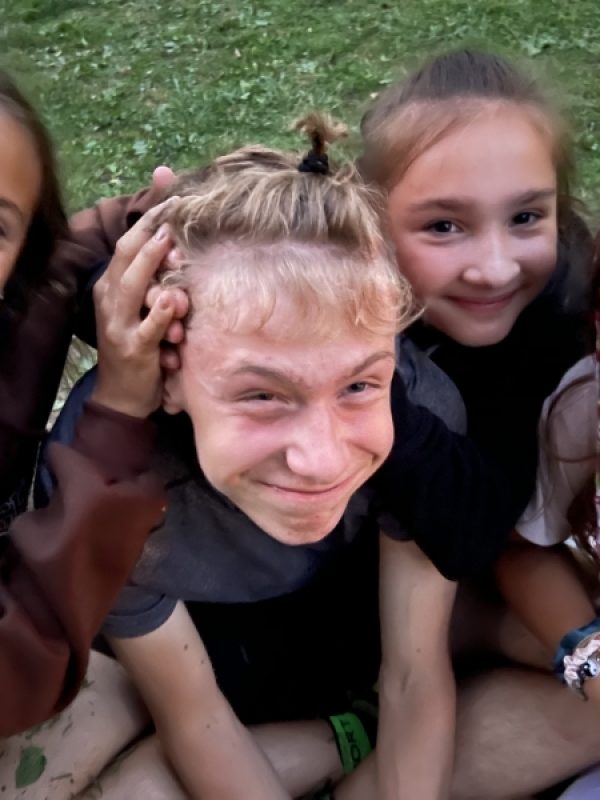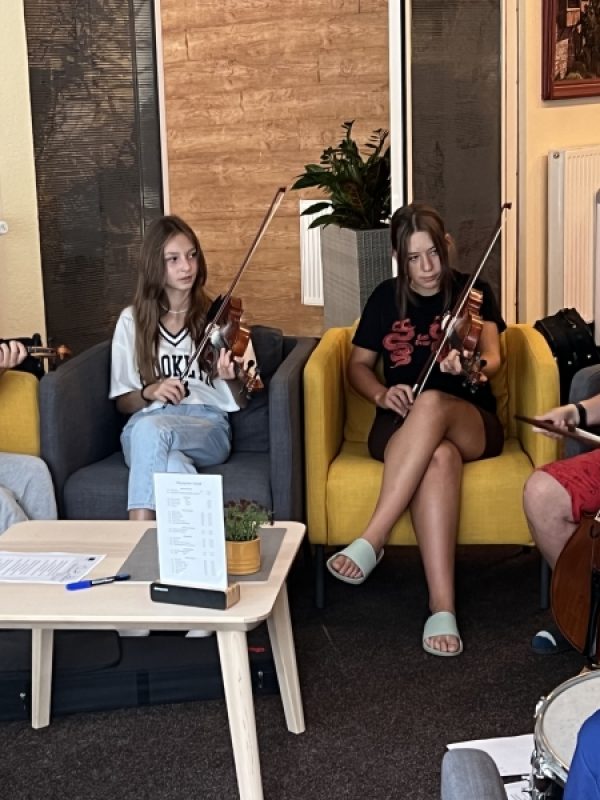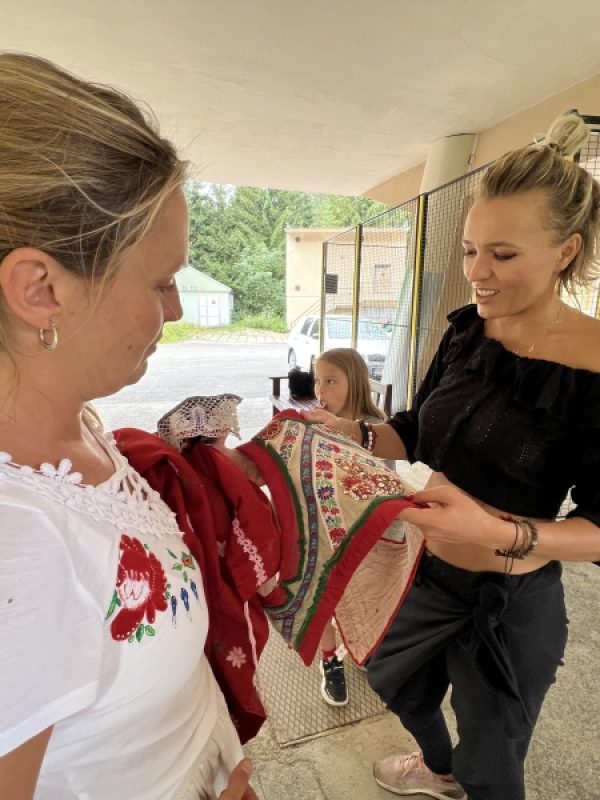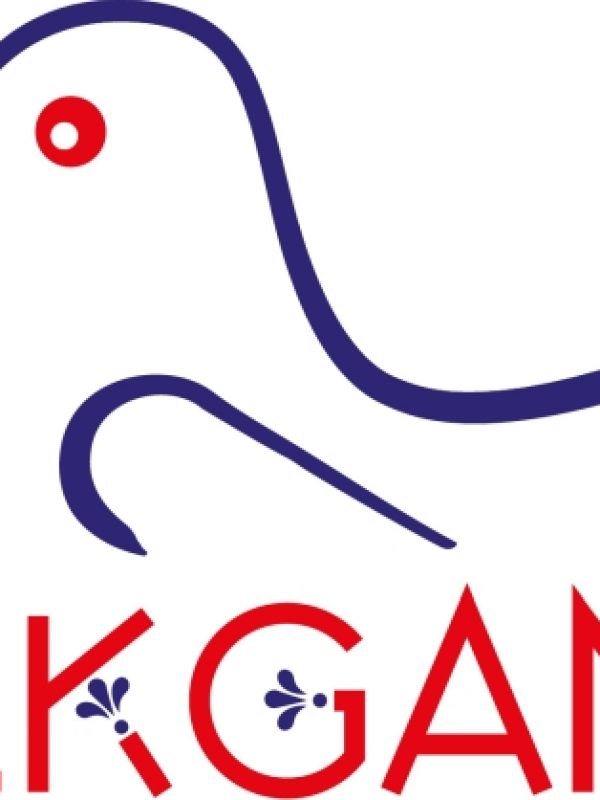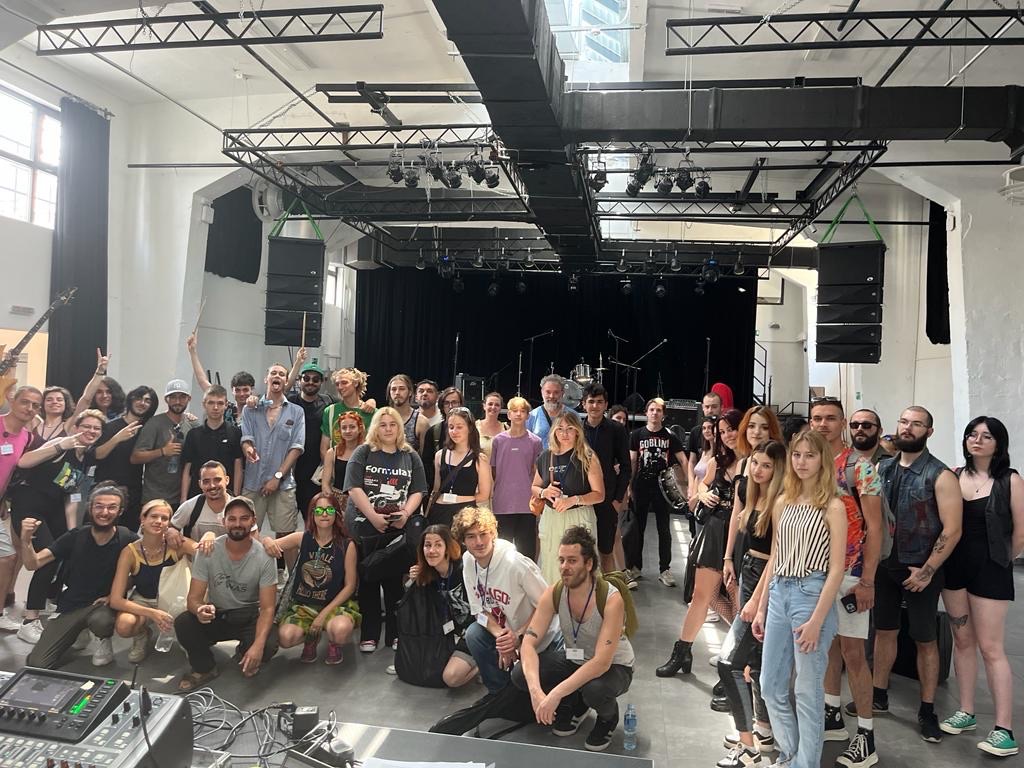
YouthStock
A youth exchange on music, art and space for youth creativity, bringing together young people from Italy, Portugal, Poland and Serbia, which hosted the exchange.
Folk Game How we use to play
The FOLKGAMES project stemmed from an idea to provide young people with more opportunities to do physical activities. Since nowadays they don’t move enough, do any sports and are leading mostly sedentary lifestyles, their health can be negatively impacted together with their future if no action is done. As a means of achieving our goals, we chose to focus on traditional games from Slovakia, Czechia and Poland which were in the past played outside in the nature, meadows or forests and represented an important part of children’s lives. Our aim is to revisit those traditional games since they are often based on fun and participation, not competition, and provide a link to something bigger than sports and physical activity alone. Traditional games can form the backbone of a community, and they should be promoted to grow the community spirit, bring people together and generate a sense of pride in a society’s cultural roots.
The project was created by three partners: OTI Slovakia, Social College and Creativity Works EUROPE. It is supported by the EU’s Erasmus+ programme in the field of Sport which focuses on promoting participation in sport and physical activity. The FOLKGAMES project specifically complies with the priorities of Encouraging participation in sport and physical activity; Encouraging the practice of sport and physical activity including traditional sport and games; Inclusion and diversity.
One of the main results of the FOLKGAMES project is organising the FOLKGAMES CAMP in August 2022, inviting youngsters from all three countries to spend one week together and teach each other their own traditional games. Children and youngsters will experience the international environment and the games will be a tool for them to know a bit more about different cultures, to value and protect them. On the last day, we will hold a final event inviting more youngsters to join in and spend the day playing games and making new friends. Besides the FOLKGAMES CAMP, in each of the countries will be organised more local events in order to spread those games and introduce them to more children and youngsters, visiting youth, sport and leisure centres and schools. These one-day events are a great opportunity for youngsters and their friends to be active and learn about their cultural heritage. Lastly, a collection of traditional games from Slovakia, Czechia and Poland will be available online in the form of a Handbook consisting of a number of games collected in this project.

